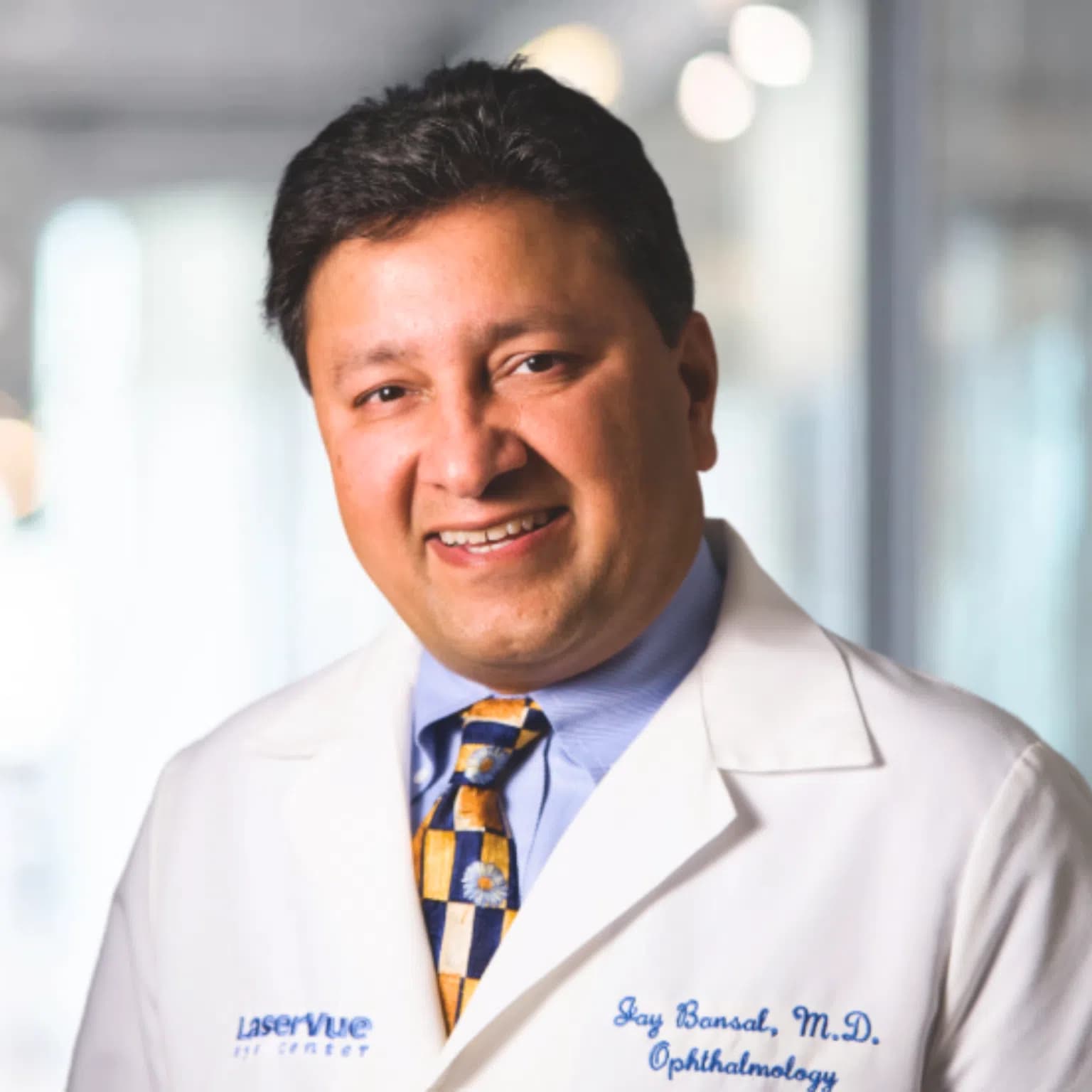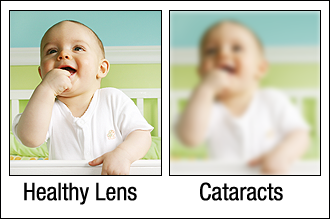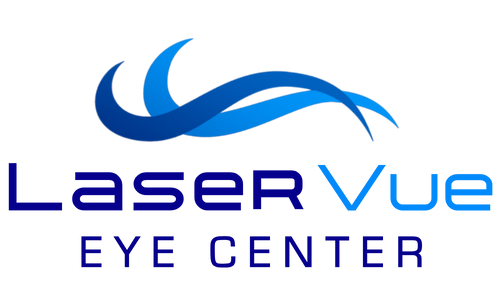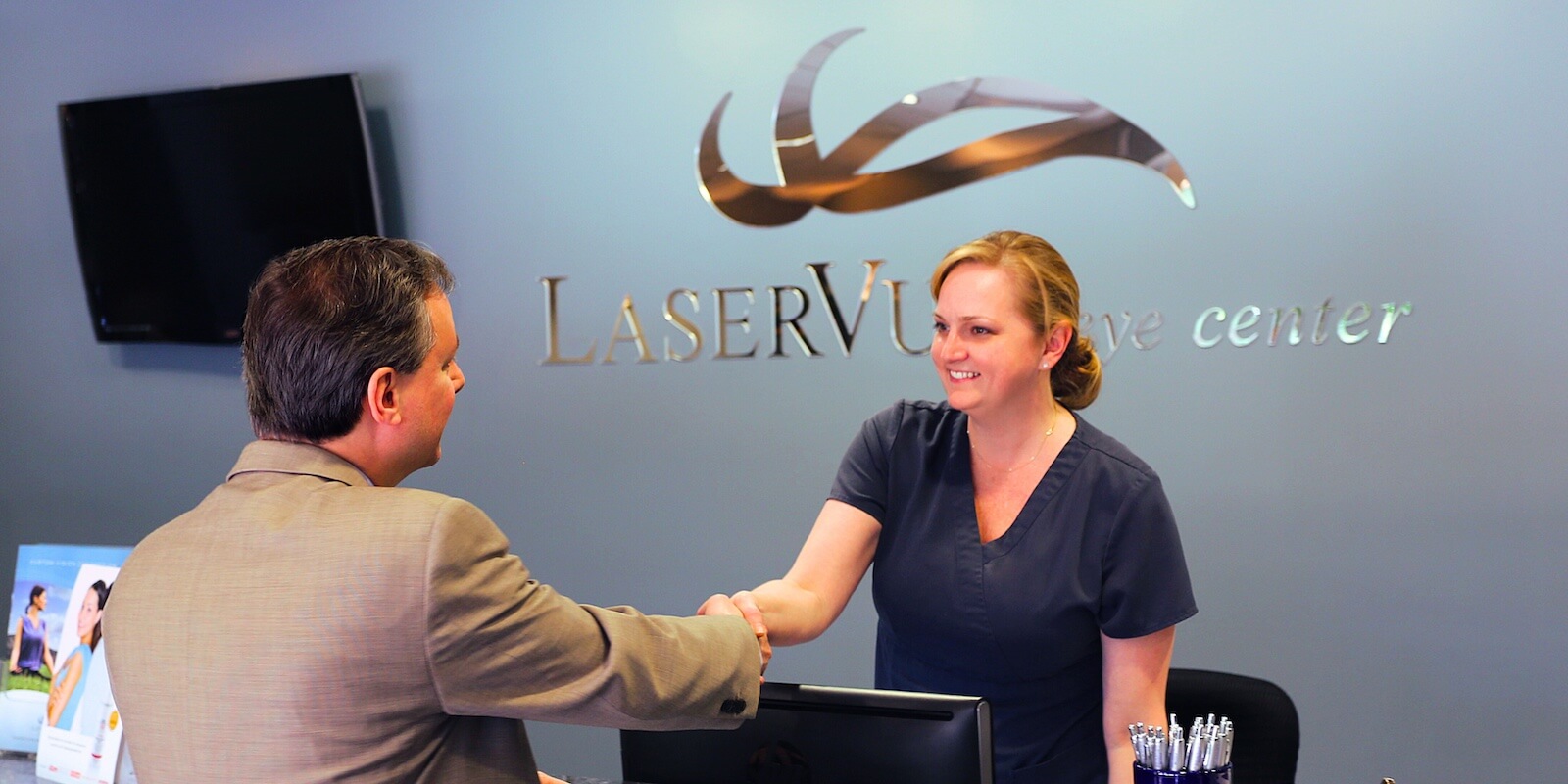Posted by: Jay Bansal, MD in Cataracts

Jay Bansal, MD

Is your vision blurry? Does it seem like it’s gradually worsening, making it more challenging to do the things you love?
These are often some of the signs of having cataracts. Cataracts are one of the most common age-related eye conditions.
Most people will develop cataracts at some point in their life. Although cataracts are typically associated with the elderly, you can develop cataracts at a much younger age.
However, most people don’t realize you can develop them as early as your forties or fifties! Many people also may not realize that having cataracts doesn’t mean needing immediate treatment.
The only way to effectively treat cataracts is by having cataract surgery. But most cataract patients do not need the procedure immediately.
It’s also not something that’s determined by age. Instead, it’s about how much cataracts affect your vision. Because of that, it’s impossible to be too young or old for cataract surgery.
To better understand cataract surgery and the best time to have the procedure, let’s first talk about what cataracts are, how they affect your vision, and what puts you at risk for them. Keep reading to learn more about cataracts and find out if it could be time to have them removed!
What are Cataracts?

Cataracts are proteins that form on the natural lens of the eye. Before cataracts, the natural lens is transparent and clear.
However, it’s called a cataract when the lens becomes cloudy and more opaque. One of the most common reasons people develop cataracts is as a result of aging. Because of this, the older you are, the more likely you are to develop cataracts.
But cataracts usually develop very slowly. You may not even notice you have them initially, as they can take years or decades to mature. But once they are developed, they cause a few visual problems, including:
- Blurry vision
- Light sensitivity
- Halos
- Glare
- Poor night vision
- Decreased color contrast
If you experience these symptoms and haven’t been diagnosed with cataracts yet, make an appointment with your eye doctor. It’s good to have your cataracts diagnosed early so your eye doctor can monitor their progress and recommend treatment when it’s appropriate.
Risk Factors
You can technically develop cataracts at any age, but it’s much rarer to have them before you’re 40. However, certain things can increase your risk of developing cataracts earlier. These risk factors include:

- Having diabetes
- Being obese
- Having high blood pressure
- Overexposure to the sun’s UV rays
- Excessive alcohol consumption
- Smoking
- Previous eye injury
By leading a healthy lifestyle, you can lower your risk of developing cataracts earlier in life. However, even if you can reduce your risk of developing cataracts earlier in life, there’s no way to guarantee you’ll never have cataracts.
Cataract Surgery

Cataract surgery is the only treatment for cataracts by removing the natural lens, as there’s no way to make your natural lens clear again. But cataract surgery can remove your natural lens entirely.
Removing the natural lens removes the cataract that’s formed on the natural lens. After breaking the natural lens into smaller pieces, it’s replaced with an artificial lens, called an intraocular lens or IOL.
One of the great things about cataract surgery is that it can restore any vision lost to cataracts. Most age-related eye conditions cause irreversible damage to your eyesight.
But you can have cataracts entirely removed and treated by having cataract surgery. Remember that many cataract patients don’t need the procedure after discovering they have them.
Since cataracts develop so slowly, it can take years for you to experience symptoms. Some people with cataracts never need surgery because they never develop significant visual symptoms.
This is rare, and most patients with cataracts will eventually need to have them removed to see clearly again. But cataract surgeons recommend having cataract surgery once cataracts affect your quality of life.
When to Have Cataract Surgery

There is no right or wrong age to have cataract surgery. When you have cataract surgery is determined entirely by how bad your cataract symptoms are.
As many people develop cataracts in their 40s, they often aren’t advanced enough to cause any issues until patients are in their 50s, 60s, or even 70s. But your cataracts may develop faster, or they may have started to develop earlier in your 40s.
Whatever the case, when you have cataract surgery is based on how bad your vision is because of your cataracts. When your cataract symptoms make it harder to complete your daily tasks, it’s time to consider cataract surgery.
Can you no longer safely cook dinner, do laundry, or enjoy your favorite hobbies because of your cataracts and worsening vision? These are some signs that cataracts are keeping you from living your best life.
Together, you and your eye doctor can determine when your poor vision due to cataracts affects your quality of life. This is why diagnosing your cataracts early is essential before you develop symptoms.
Working with your eye doctor before you have cataracts and while they continue to monitor their progression will ensure your eyes stay healthy. It will also better indicate what visual problems may be due to your cataracts once symptoms begin developing.
No matter how old or young you are, if your cataracts affect your quality of life, it’s time for cataract surgery. To learn more about cataract surgery and find out if it’s time to treat your cataracts, schedule an appointment today at LaserVue Eye Center in San Francisco, CA!
Wouldn’t you love to see the world in crisp clarity again? Cataract surgery can help get you there, so why wait any longer?

